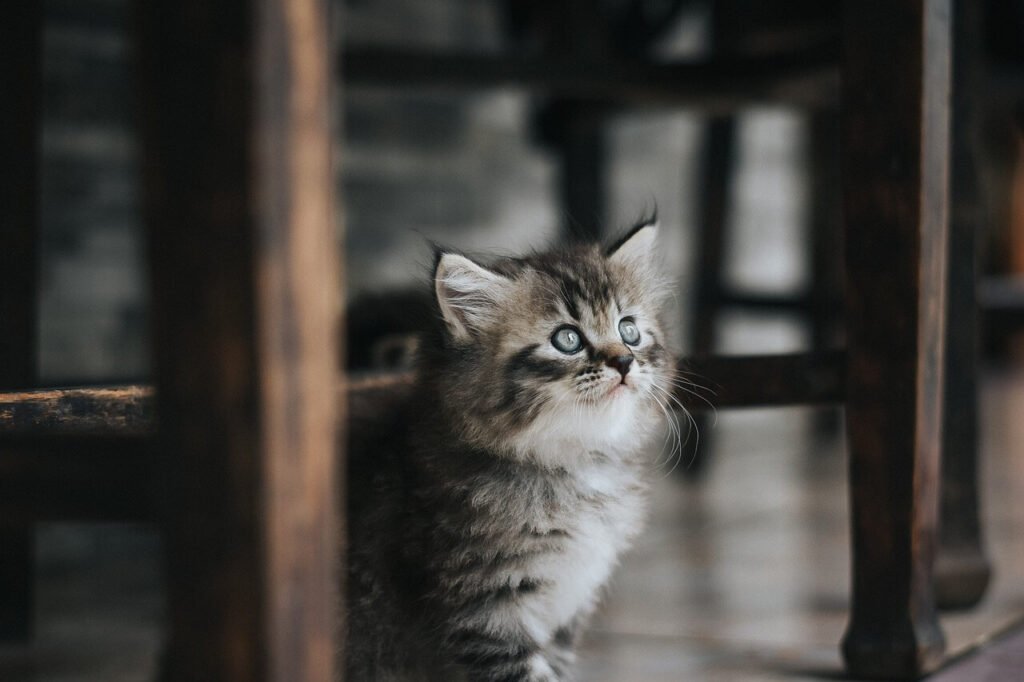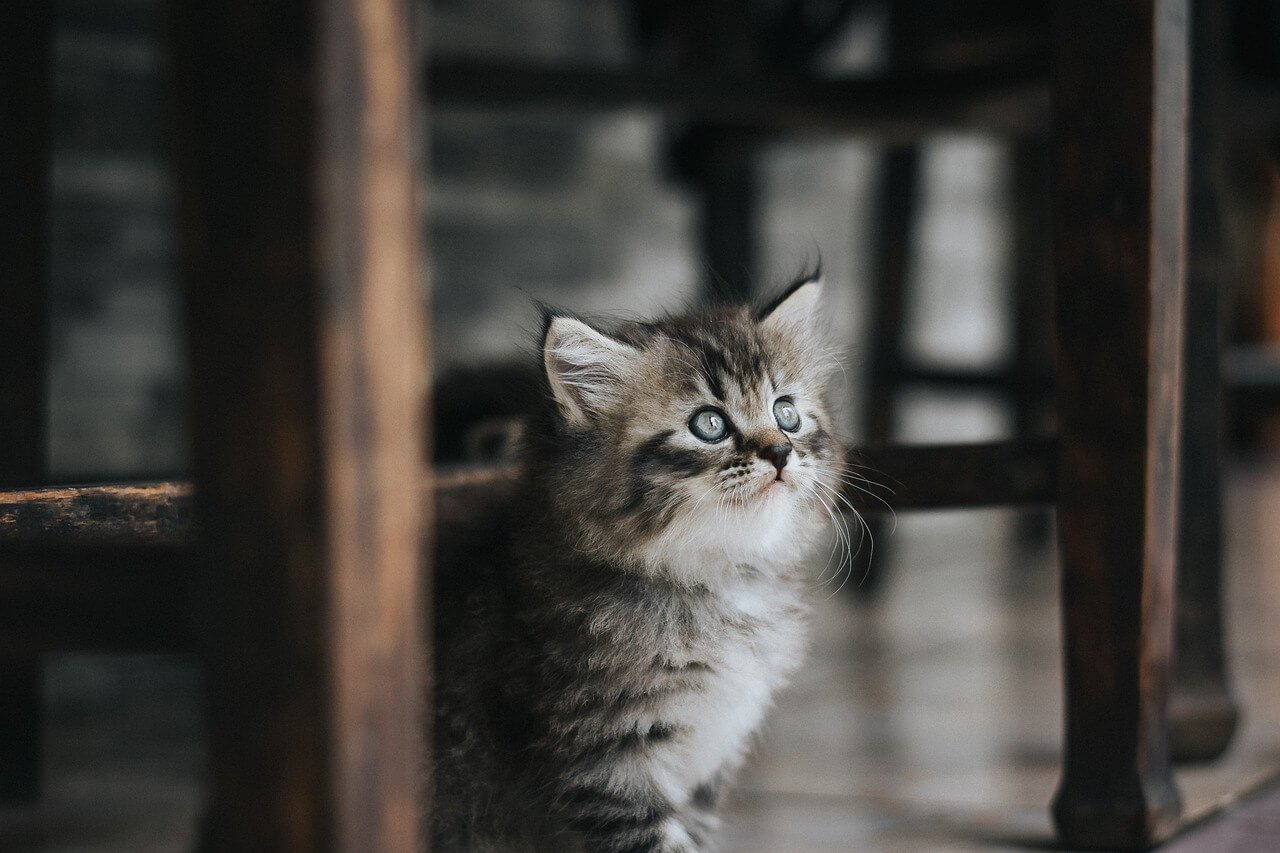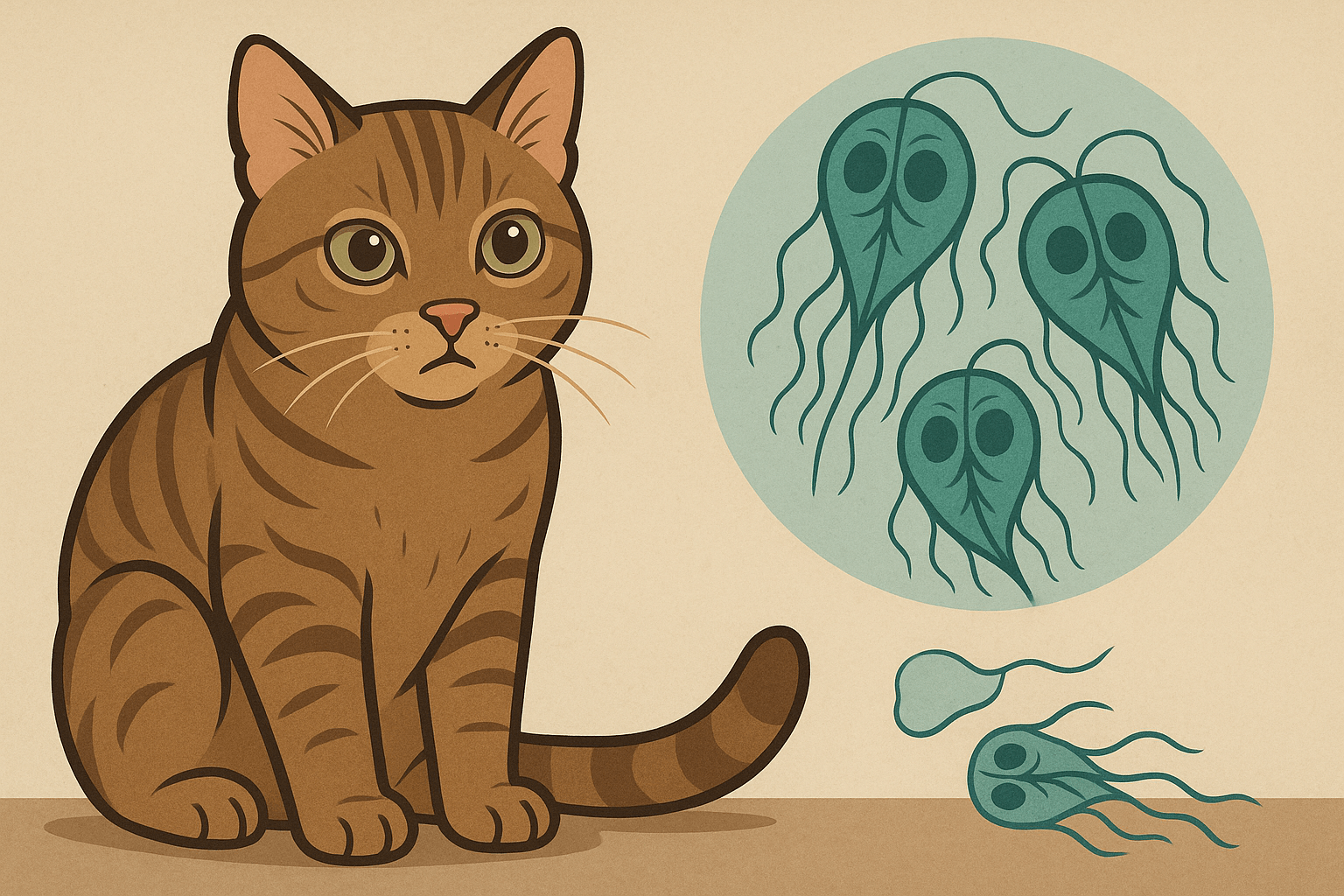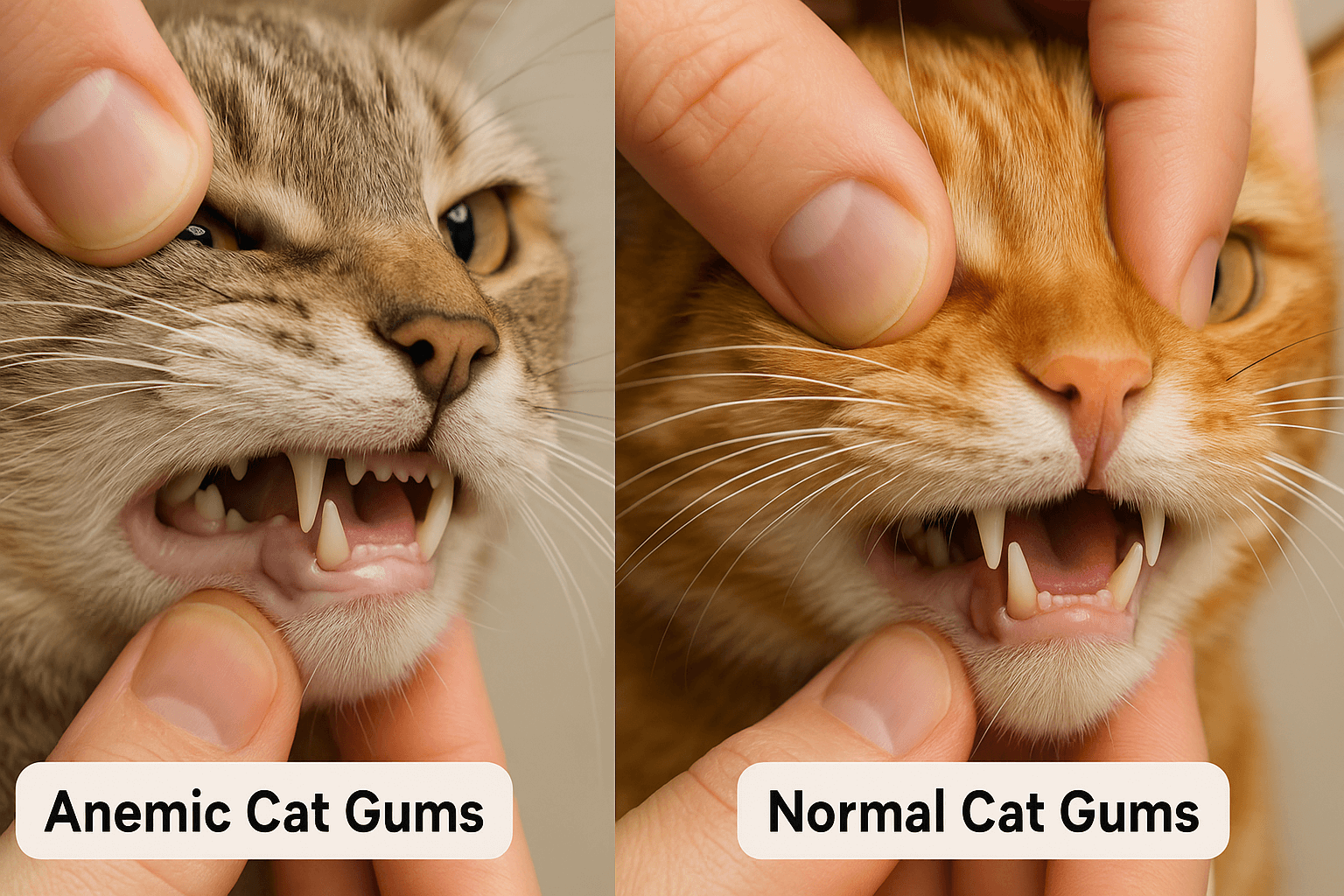Cat Lays Next to Me and Purrs: What Does It Mean?
Few things are as heartwarming as the sound of your cat purring contentedly while lying next to you. This simple yet profound behavior is one of the many ways cats communicate their feelings and bond with their human companions. But what does it really mean when your cat chooses to lay next to you and purr? Is it a sign of affection, comfort, or something else entirely? Understanding this behavior can deepen your connection with your feline friend and provide insight into their emotional world. In this guide, we’ll explore the reasons behind this adorable habit, how to interpret it, and what you can do to strengthen your bond even further.
Why Does My Cat Lay Next to Me and Purr? Possible Reasons
When your cat lays next to you and purrs, they’re likely expressing a range of emotions or needs. Here are some common explanations for this behavior:
Affection and Bonding : Cats often purr to show love and trust, reinforcing their bond with you.
Comfort and Security : Being near you provides a sense of safety, and purring amplifies their feeling of contentment.
Seeking Warmth : Cats love warmth, and your body heat makes you an ideal snuggling partner.
Relaxation and Stress Relief : Purring has a calming effect on cats, helping them unwind after a long day.
Health Benefits : Studies suggest that purring may promote healing and reduce pain, so your cat might be using this behavior for self-soothing.
Understanding these motivations can help you better appreciate the depth of your cat’s emotions and their unique way of connecting with you.
How to Interpret Your Cat’s Purring Behavior
Not all purring is the same, and the context in which your cat purrs can reveal different meanings. Here are some ways to interpret their behavior:
Happy Purring : A steady, rhythmic purr while lying next to you usually indicates happiness and relaxation.
Hungry Purring : If your cat is purring insistently near mealtime, they might be trying to signal hunger.
Pain or Discomfort : Some cats purr when they’re unwell or injured as a form of self-comfort.
Attention-Seeking Purring : A soft, persistent purr may mean your cat wants attention or playtime.
Bonding Purring : When your cat purrs while kneading or nuzzling, it’s a sign of deep affection and trust.
By paying attention to your cat’s body language and the situation, you can better understand what their purring is trying to tell you.
Check this guide 👉Can Cats Purr in Their Sleep? Best 7 Expert Tips!
Check this guide 👉Why Is My Cat Purring So Loud? Best 7 Expert Behavior Tips!
Check this guide 👉Understanding the Lethargic but Purring Cat: Best 7 Tips!

Positive Reasons for Purring | Potential Concerns Related to Purring |
|---|---|
Shows affection and bonding | Could indicate pain or illness |
Promotes relaxation and calmness | May signal stress or anxiety |
Helps with healing and recovery | Sometimes used for manipulative purposes |
Provides warmth and comfort | Overly loud purring may reflect discomfort |
Strengthens human-cat connection | Persistent purring could require vet check |
Ways to Strengthen Your Bond with Your Cat
If your cat already enjoys laying next to you and purring, there are plenty of ways to nurture your relationship even further. Here are some ideas:
Spend Quality Time Together : Engage in activities like grooming, playing, or simply lounging together to build trust.
Provide Comfortable Spaces : Create cozy spots where your cat feels safe and relaxed around you.
Use Positive Reinforcement : Reward your cat with treats or praise when they display affectionate behaviors.
Respect Their Boundaries : Allow your cat to approach you on their terms, fostering mutual respect.
Communicate Through Touch : Gentle petting or chin scratches can reinforce your bond and make them feel loved.
These small gestures can go a long way in strengthening the special connection you share with your feline companion.
Signs Your Cat Feels Safe and Loved Around You
When your cat lays next to you and purrs, it’s often a sign that they feel secure in your presence. Here are other behaviors that indicate your cat trusts and loves you:
Kneading : This instinctual behavior is a throwback to kittenhood and shows deep comfort.
Slow Blinking : A slow blink from your cat is their way of saying “I love you.”
Following You Around : If your cat shadows you throughout the house, it means they enjoy your company.
Sleeping Near You : Cats only sleep in places they feel completely safe, so choosing to nap by you is a big compliment.
Rubbing Against You : Head-butting or rubbing against you marks you as part of their territory—a sign of affection.
These behaviors, combined with purring, paint a clear picture of just how much your cat values your presence.
Exploring Litter Options That Discourage Eating
If your kitten has a habit of eating litter, switching to a safer alternative can help minimize risks. Here are some options to consider:
Paper-Based Litter : Made from recycled paper, this litter is soft, digestible, and less likely to cause harm if ingested.
Wood Pellet Litter : Composed of natural wood fibers, this litter is biodegradable and poses minimal risk to curious kittens.
Corn or Wheat Litter : These plant-based litters are non-toxic and often clump less aggressively than clay litters, making them safer if consumed.
Silica Gel Crystals : While not edible, these crystals are less tempting to chew on due to their hard texture and lack of appealing scent.
Dust-Free Formulas : Litters designed to minimize dust are less likely to irritate your kitten’s respiratory system or attract their attention.
By choosing a kitten-friendly litter, you can reduce the likelihood of ingestion while ensuring their safety.
Encouraging Healthy Exploration Instead of Litter Eating
Redirecting your kitten’s curiosity can help them focus on safer activities. Here are some ways to channel their energy constructively:
Interactive Toys : Toys that mimic prey, such as feather wands or mice, can satisfy their hunting instincts and distract them from the litter box.
Chew Toys : Soft, kitten-safe chew toys provide an appropriate outlet for teething and oral exploration.
Food Puzzles : Puzzle feeders engage your kitten’s mind and encourage natural foraging behaviors, keeping them occupied.
Scratching Posts : Offering scratching surfaces can redirect their chewing tendencies away from inappropriate items like litter.
Positive Reinforcement : Reward your kitten with treats or praise when they engage in desired behaviors instead of eating litter.
Redirecting your kitten’s focus not only prevents litter eating but also strengthens your bond through play and training.
Steering Clear of Counterproductive Practices
When dealing with a kitten who eats litter, it’s easy to make mistakes that could worsen the behavior or stress your pet. Here are some pitfalls to avoid:
Punishing Your Kitten : Scolding or punishing your kitten can increase anxiety, potentially reinforcing the unwanted behavior.
Ignoring the Behavior Completely : Assuming it will resolve on its own without intervention may lead to health complications.
Using Strong-Scented Litters : Overly fragrant litters might attract your kitten’s curiosity rather than deter it.
Neglecting Hydration : Dehydration can sometimes drive kittens to seek out unusual substances, so always ensure fresh water is available.
Skipping Vet Check-Ups : Failing to rule out underlying medical issues could allow the behavior to persist unnecessarily.
Avoiding these common mistakes ensures that your approach to addressing litter eating is both effective and compassionate.
Frequently Asked Questions About Cats Purring and Laying Next to You
Why does my cat only purr when I’m nearby?
Cats often purr to express their affection and bond specifically with people they trust most—you!
Can purring mean my cat is stressed?
Yes, while purring is usually positive, it can sometimes indicate stress or discomfort, especially if accompanied by unusual behaviors.
Should I worry if my cat purrs loudly?
Not necessarily—loud purring is normal for some cats, but if it seems excessive or paired with signs of distress, consult a vet.
How can I encourage my cat to lay next to me more often?
Spend quality time together, provide cozy spaces, and reward them with gentle affection to make them feel more comfortable.
Do all cats purr when they’re happy?
Most cats purr to express contentment, but not all cats purr frequently—it varies depending on their personality.
Celebrate the Special Moments with Your Feline Friend
The fact that your cat chooses to lay next to you and purr is a testament to the strong bond you’ve built together. It’s a reminder of the trust, love, and comfort they find in your presence. By understanding the meaning behind their purring and responding with care and affection, you can continue nurturing this beautiful relationship. Whether it’s through play, cuddles, or simply sharing quiet moments, every interaction strengthens the unique connection you share. Cherish these moments—they’re a reflection of the joy and companionship that cats bring into our lives.
Giardia in Cats: Best 7 Expert Tips! Discover expert advice on identifying, treating, and preventing giardia in cats to ensure your feline stays happy and healthy.
Cat Hyperventilating: Best 7 Expert Tips! Discover signs, causes, and solutions for cat hyperventilation. Learn how to calm your cat and when to seek veterinary care for their breathing issues.
Anemic Cat Gums vs Normal: Best 7 Expert Tips! Learn to spot signs of anemia in cats, understand gum health, and ensure your feline stays happy and healthy with expert advice.
Himalayan Cat Size: Best 7 Expert Tips! Discover expert advice on Himalayan cat size, growth factors, care tips, and how to ensure your feline stays healthy and happy.





